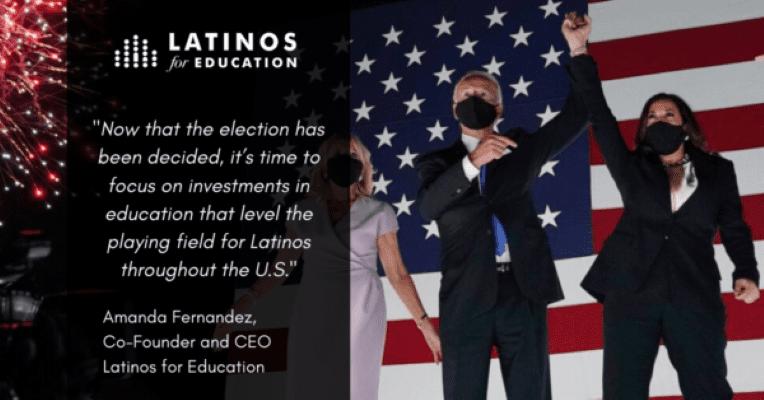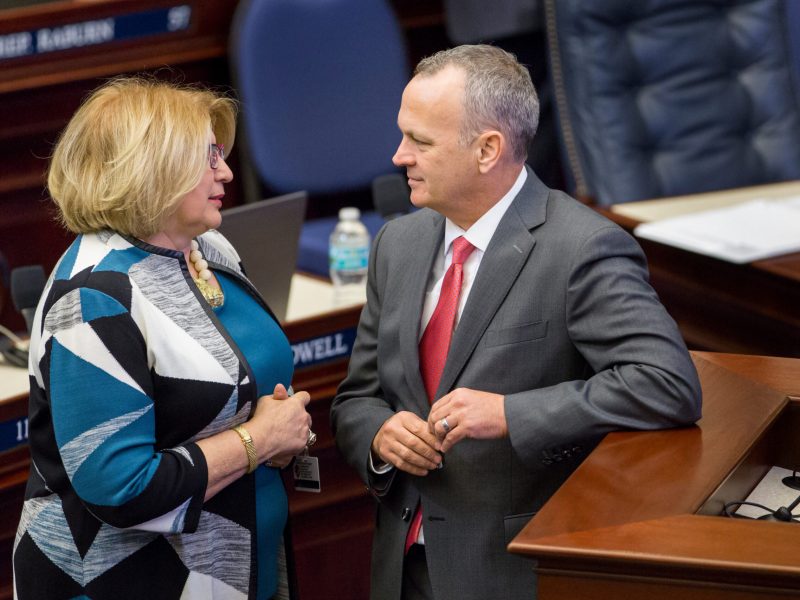Latinos for Education Launches a Virtual Summer Leadership Collaborative in Response to COVID-
By: Daniel Velasco
Latin students will represent one third of public-school students nationally by 2025, and yet face numerous, overlapping barriers and limited access to education opportunity throughout their lives; barriers which became more evident and pressing in the context of the COVID-19 pandemic, whose effects will ripple through society at varying speeds and with an almost-certain permanent impact on our communities. Perhaps one of the most deep and lasting effects will be felt by our educational systems, from rural classrooms in California to urban settings like Boston and New York, our teachers, students, and educational leaders must adapt – and quick – to an environment where distance is the norm.
Research suggests children benefit in many ways from having a teacher of the same race or ethnicity. But now more than ever, the diversity of the teaching workforce is at risk. Even before COVID-19, Latinx teachers were facing what is often referred to as an “added tax” because of their identities, including bias, challenges to their classroom strategies, and added obligations such as translating between English speaking colleagues and Spanish-speaking parents. These challenges, which traditionally lead to job dissatisfaction and many Latinx educators leaving the profession before they master teaching, result in schools across the country at higher risk of Latinx teacher attrition.
That’s why we at Latinos for Education are launching the paid Virtual Summer Leadership Collaborative (VSLC). Designed as a premiere leadership fellowship for Latinx educators in their first few years of teaching, VSLC will provide a national cohort of 20-30 Latinx elementary school teachers serving large ELL populations with the networks, problem-solving tools for re-entry, and identity-based career coaching to reinvest participants in the teaching profession. We believe our teachers have the ganas to weather the storm and we’re betting on their leadership, ingenuity, and cultural competence to help us imagine the future of education.
As a teacher, I had the benefit of working with other Latinx educators in a supporting environment, yet the added pressure of helping students and families navigate assimilation and a larger system not designed with them in mind was too much. I became the very statistic I am dedicated to addressing: 43% of Latinx teachers leave the profession by their 4th year of teaching. Now more than ever, we must double down on Latinx teachers already in the workforce and find ways to cultivate their leadership, strengthen their networks, and shine a light on leadership paths.
In many communities, becoming a teacher simply doesn’t provide a pathway to the middle class. I started my career as a bilingual teacher in Silicon Valley serving children and families that looked like me and shared similar stories to my own. Yet, on $42,000 a year with mounting student debt, during a recession and living with 5 roommates, I didn’t see a mechanism for my family and I to enter and hold on to the middle class. By all accounts, what’s coming next will be much worse, so it’s imperative we establish the guardrails to hold on to our frontline educators. As we enter the worst economic landscape in the last hundred years, I can only anticipate that achieving financial security for themselves and their families will be paramount for more and more Latinx teachers.
If you or someone you know would be interested in participating in the VSLC pilot this summer, click HERE to learn more about the opportunity and remember, we’re all in this together.






